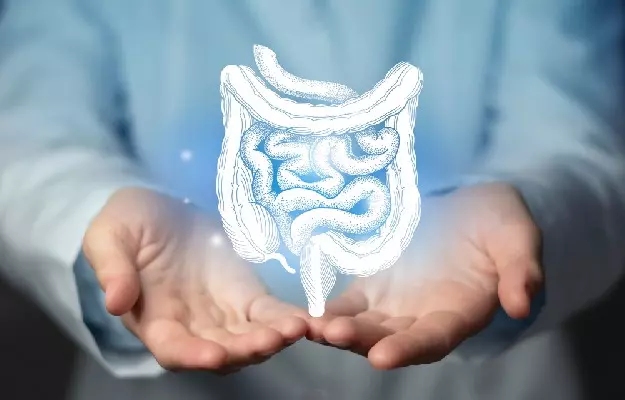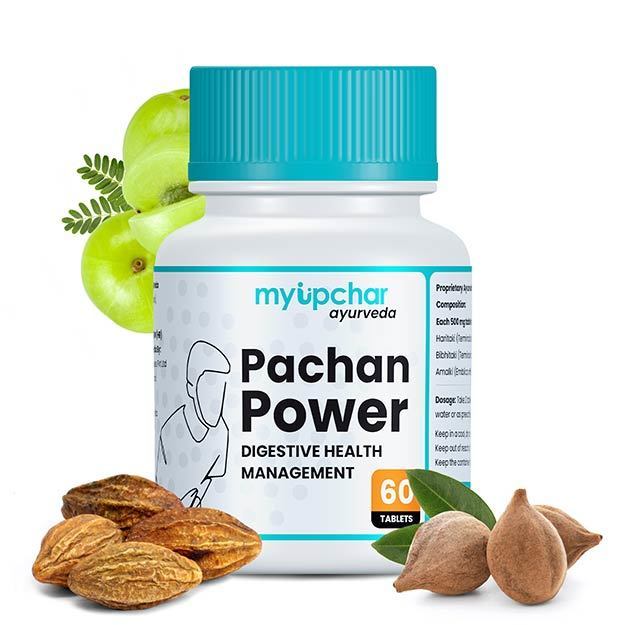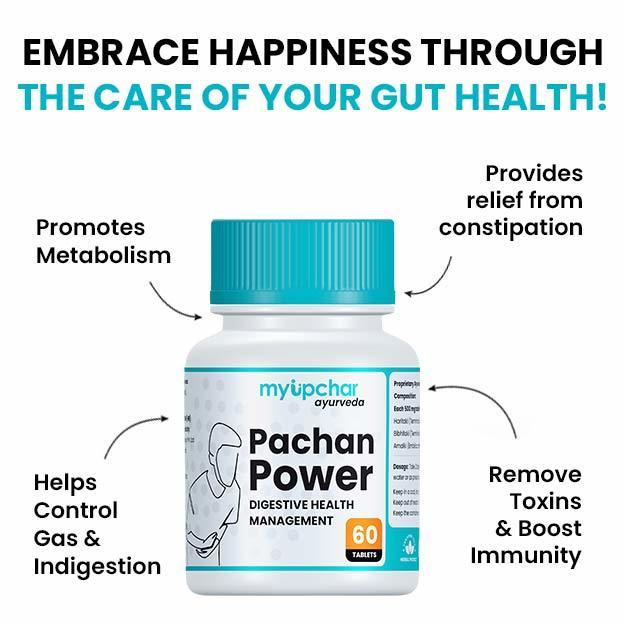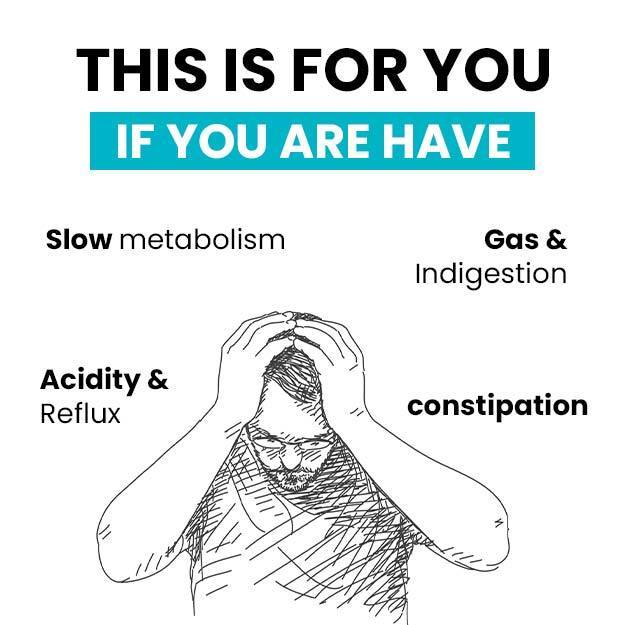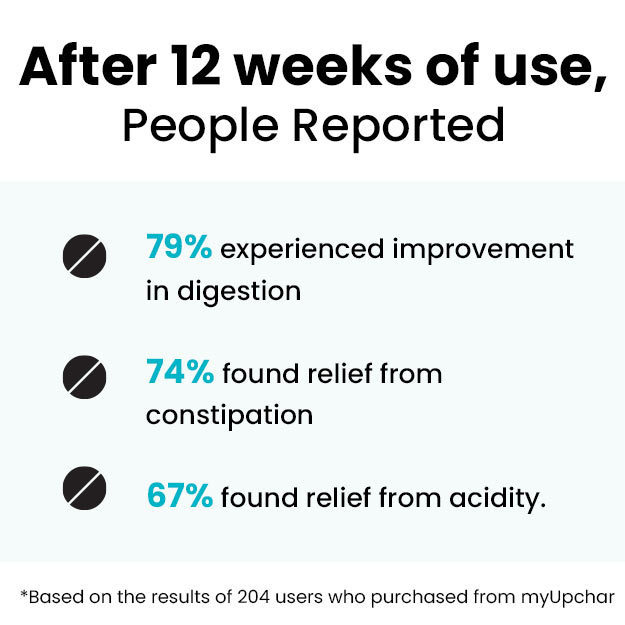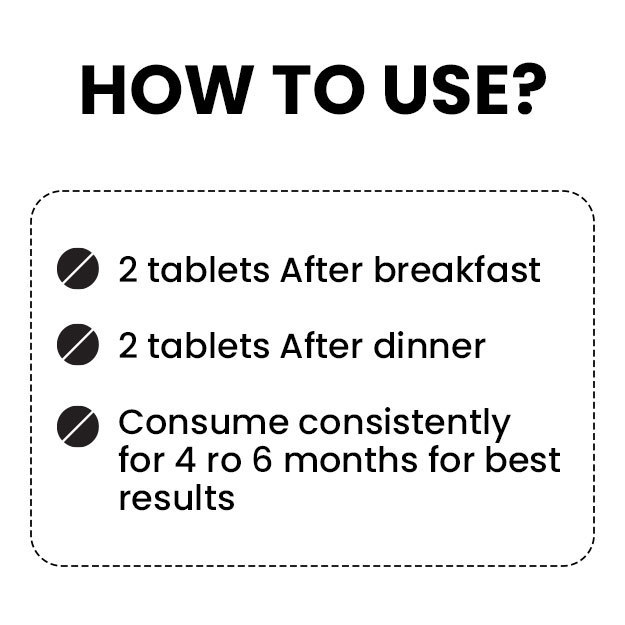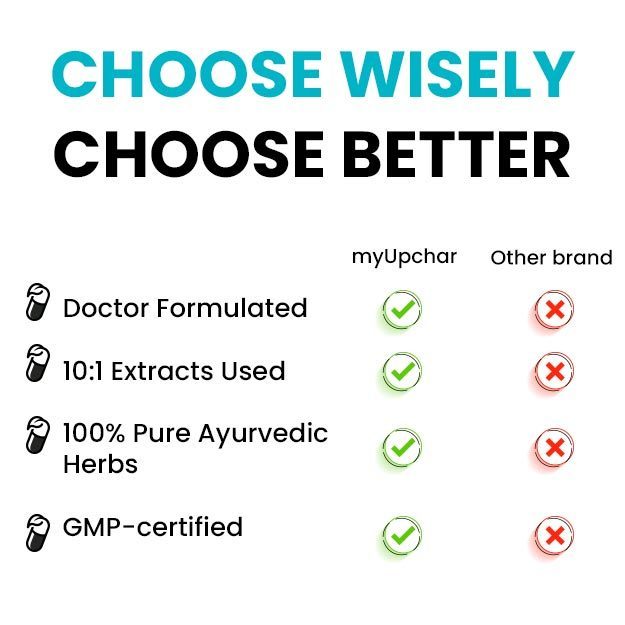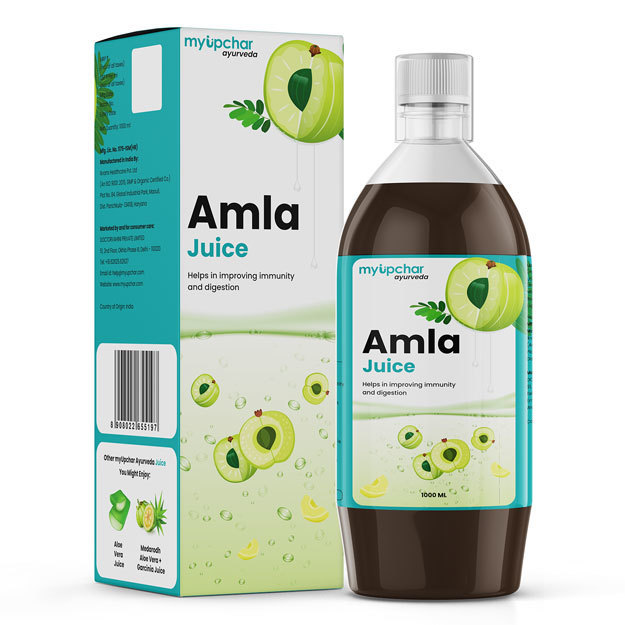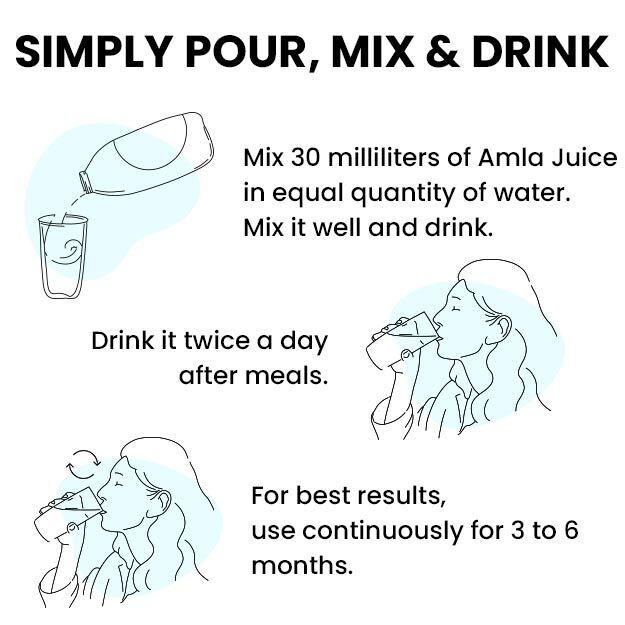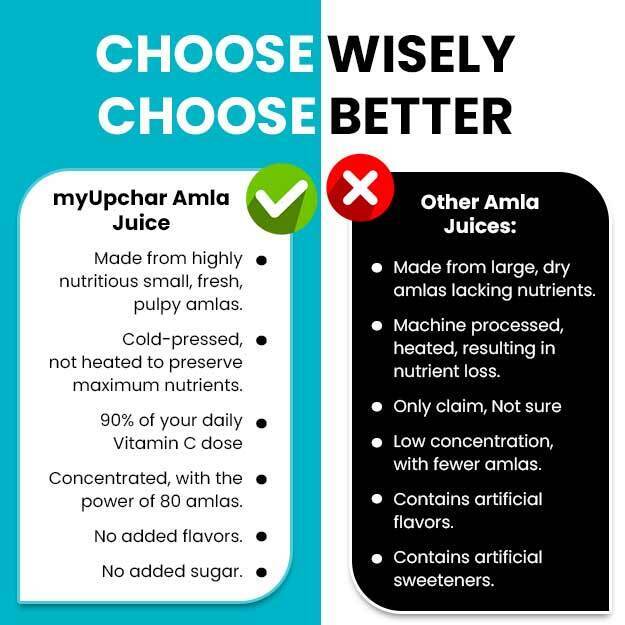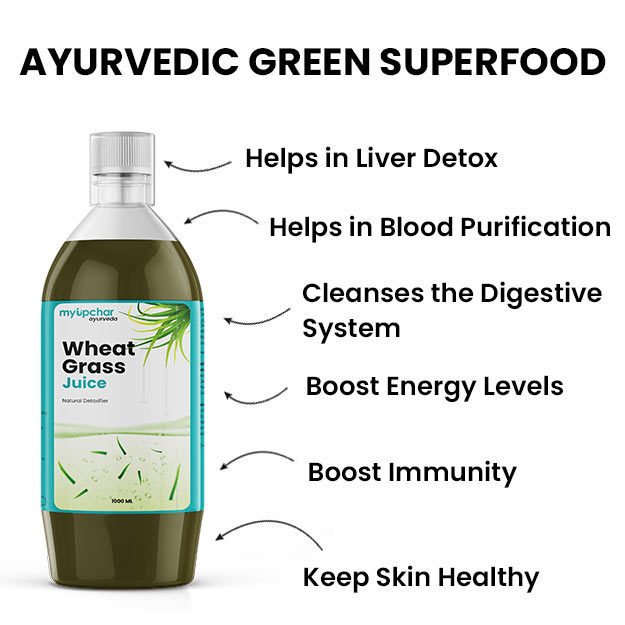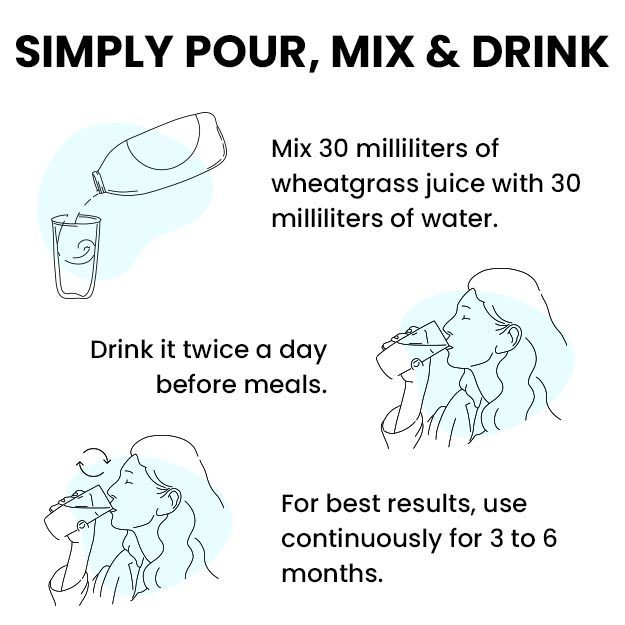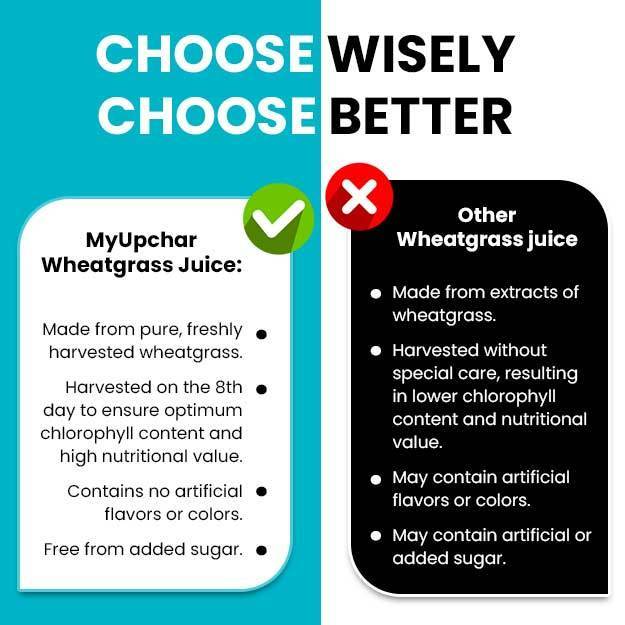The exact causes of IBS and IBD are still under study. Both genetics and family history are thought to play a role in these diseases.
The cause of IBS is not known for certain, but the following conditions are thought to increase your risk:
The exact cause of IBD is not known. It is believed that in this the immune system does not work as it should. IBD can have the following causes like –
- genetics
-
environmental factors, such as stress
-
gut microbiota, or microorganisms that live in the body
Normally, the immune system limits the effects of harmful bacteria, viruses, and environmental toxins. In a person with IBD, the immune system goes haywire and inflammation develops in the GI tract.
Genetics play a role in causing IBD. People who have a family history of ulcerative colitis or Crohn's disease have a higher risk of developing these diseases.
Read more - (5 Easy exercise for healthy digestion)
The Role of Stress in IBS and IBD
We do know that stress makes all GI disorders worse. There's a lot of truth when we call a reaction "gut-wrenching." In fact, stress can have very real effects on the body.
Because people with IBS do not have inflammation, it is difficult for researchers to understand the exact causes of IBS. But they know that IBS is almost always aggravated by stress.
Stress reduction techniques may help reduce IBS symptoms. As -
-
Attention
-
regular exercise
-
talk therapy
Stress can also aggravate the mood disorders that sometimes arise in people suffering from the disease. Emotional disorders, such as depression and anxiety, are common in people with IBD, and stress can intensify their effects.

